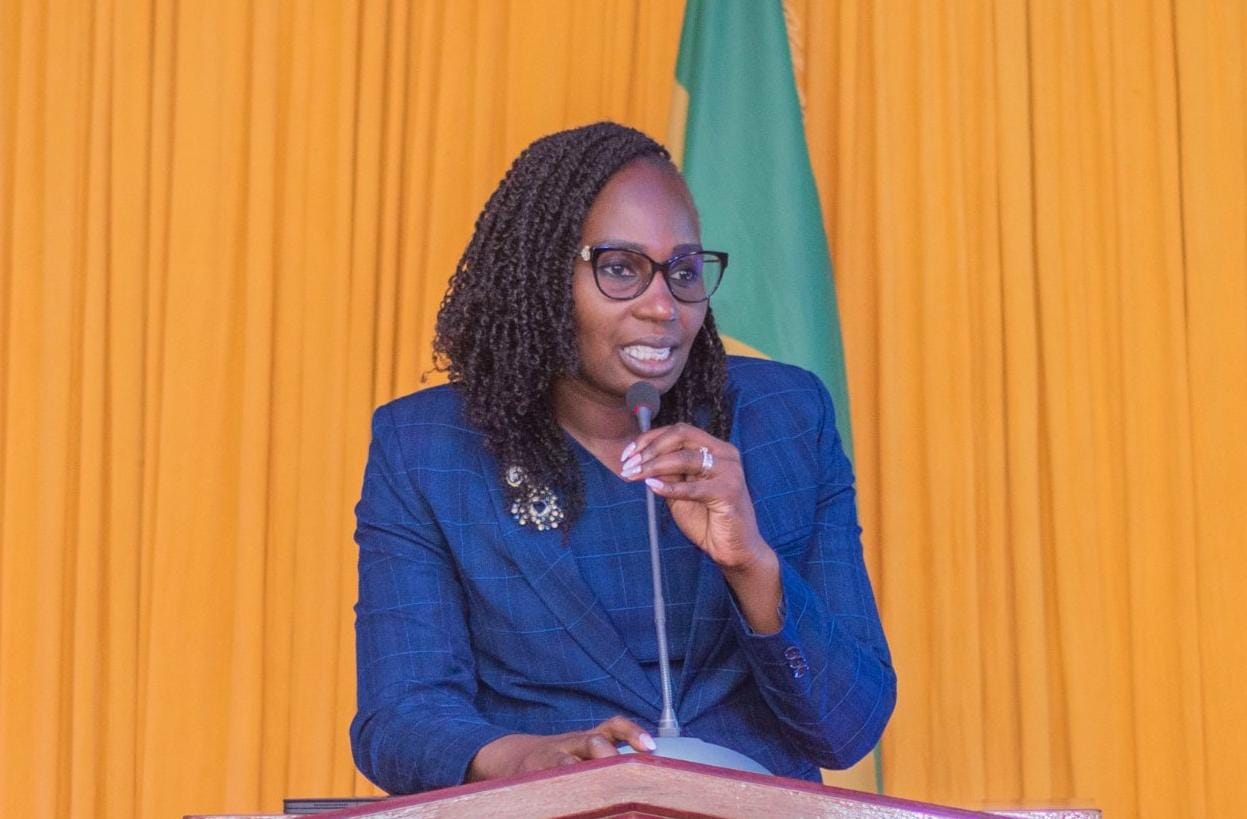The Law Society of Kenya (LSK) has issued a detailed set of guidelines to help citizens navigate situations involving arrests and protests.
In an advisory post, LSK stressed the need for everyone to be mindful of their rights and the safety of others while urging them to balance assertiveness with non-confrontation during arrests.
“Let us be mindful of our rights and safety and that of others as we express and fulfil our rights,” said LSK President Faith Odhiambo.
The advisory comes in the wake of the recent death of teacher Albert Ojwang while in police custody following his arrest in Homa Bay County.
It also follows the ongoing public mobilisation among some opposition leaders over the incident and ahead of the first anniversary since June 25, 2024, Genz protests over the Finance Bill.
According to the LSK, individuals who find themselves under arrest should stay calm and composed, avoid resistance or aggression and request identification from arresting officers.
They have also been reminded about knowing their rights, which include remaining silent, being informed of the reasons for their arrest, and contacting a lawyer.
Other crucial information provided by the society is documenting the details of their arrest discreetly, including time, location, and officer names, requesting legal representation and avoiding signing any documents or confessions without a lawyer present.
“Comply with lawful instructions and report any rights violations to your lawyer or authorities,” the post reads.
LSK strongly discourage resisting arrest, insulting officers, giving self-incriminating information, attempting to flee, or offering bribes, all of which it said could lead to further legal trouble.
During Demonstrations, protesters have been urged to stay peaceful and lawful.
The Society also released a guide for demonstrators, urging them to express views peacefully through non-offensive songs, chants, and marches and remain within designated protest zones to avoid unlawful confrontations.
Additionally, it has urged them to move in groups for safety and accountability and also to protest within legal hours, which is between 6am and 6pm.
Other rules to observe are documenting their whereabouts and events to ensure traceability in case of incidents, communicating responsibly and avoiding propaganda or incitement.
At the same time, protestors have been warned against provoking or threatening police, interfering with non-protesters or forcing others to join protests.
Others are damaging property or breaking into private premises, carrying weapons or any object that can be interpreted as a weapon and attempting to breach protected areas such as government buildings.
It has further warned against spreading hate speech or misinformation.
The LSK emphasised that the right to demonstrate is protected under the Constitution but is not absolute.
“Exercising this right must be done in a manner that does not endanger others or breach public order,” it said.
To support citizens in distress, the Law Society has provided a toll-free legal aid number for anyone seeking legal support during arrests or demonstrations.
by FELIX KIPKEMOI












